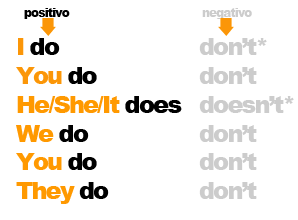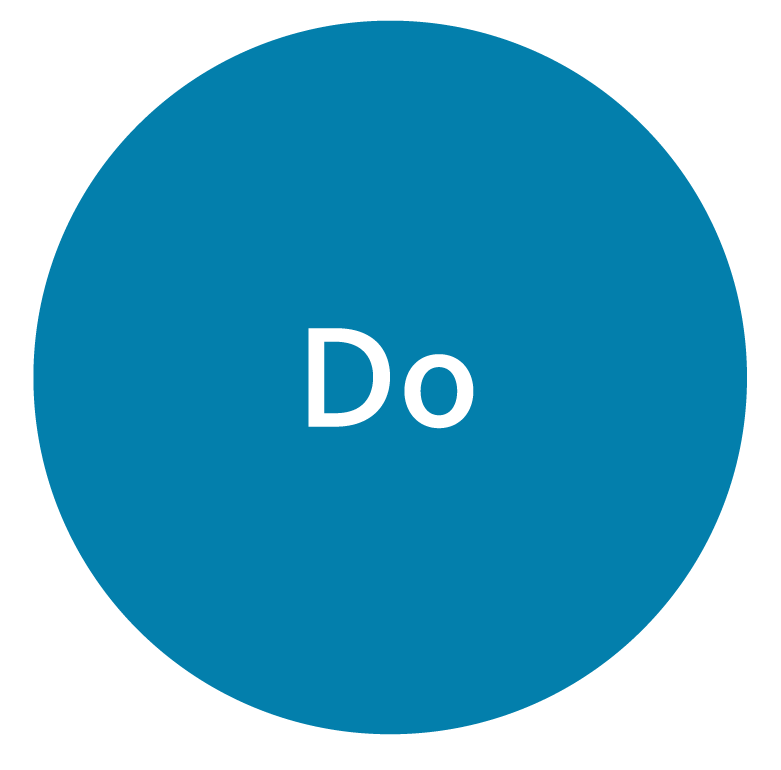In a world increasingly dominated by narrow ideals of beauty, the celebration of body diversity, particularly that of “big girls,” has gained significant traction. The movement to embrace and empower women of all sizes is not just a trend; it is a revolution aimed at redefining beauty standards and fostering self-acceptance. This article delves into the confidence factor surrounding big girls, exploring its origins, implications, and the positive changes it brings to society.
The Evolution of Beauty Standards
For decades, societal standards of beauty have often skewed towards a thin ideal. However, the body positivity movement, which began gaining momentum in the early 2000s, has sparked a shift in these perceptions. This movement advocates for the acceptance of all body types, promoting the idea that beauty is not confined to a single mold.
Historical Context

Understanding the evolution of beauty standards is crucial to appreciate the current celebration of big girls. Here are some key milestones:
- Ancient Cultures: Many ancient civilizations, such as the Greeks and Romans, celebrated fuller figures as symbols of wealth and fertility.
- 20th Century: The rise of Hollywood glamorized thinness, leading to the “supermodel” era of the 1980s and 1990s.
- Body Positivity Movement: Emerging in the 2000s, this movement challenged traditional beauty norms and emphasized self-love.
The Psychological Impact of Celebrating Big Girls
The impact of celebrating big girls goes beyond aesthetics; it has profound psychological implications. The representation of diverse body types in media and fashion contributes to improved mental health and self-esteem among women of all sizes.
Building Self-Esteem
Studies indicate that positive body image is linked to higher self-esteem and overall life satisfaction. Here are some key findings:
- According to a study published in the journal Body Image, individuals exposed to diverse body types reported higher levels of body satisfaction.
- Research from the University of California found that body-positive campaigns can significantly reduce feelings of shame and anxiety related to body image.
Case Study: The Role of Media Representation

One of the most influential platforms in promoting body diversity is social media. Influencers and brands that celebrate plus-size fashion have reshaped narratives around body image. For instance:
- Model Tess Holliday: As one of the first plus-size models to gain mainstream recognition, Holliday has used her platform to promote body positivity and self-acceptance.
- Fashion Nova Curve: This brand has successfully catered to the plus-size market, celebrating curvy figures and providing fashionable options that empower women.
The Fashion Industry’s Response
The fashion industry is gradually recognizing the importance of inclusivity. Major brands are beginning to embrace plus-size models and create diverse collections, reflecting the changing landscape of beauty standards.
Shifts in Representation
Several notable examples of brands that have redefined their approach to inclusivity include:
- Aerie: The lingerie brand has launched campaigns featuring unretouched photos of models of varying sizes, promoting authenticity and body positivity.
- Savage X Fenty: Rihanna’s lingerie line showcases models of all shapes and sizes, setting a new standard for diversity in fashion shows.
Statistics on Body Diversity in Fashion
Recent statistics highlight the increasing demand for body diversity in the fashion industry:
- According to a report by Business of Fashion, the plus-size market is projected to reach $24 billion by 2023.
- A survey from Vogue revealed that 67% of women want to see more diversity in fashion advertisements.
Cultural Shifts and Community Support

The celebration of big girls is not just a personal journey; it is a collective movement. Communities and support groups have emerged to foster empowerment and resilience among women of all sizes.
The Importance of Community

Supportive environments play a vital role in encouraging self-acceptance. Here are some ways communities contribute:
- Online Platforms: Social media groups and forums allow women to share their experiences and celebrate each other’s bodies.
- Workshops and Events: Body-positive workshops, fashion shows, and events create safe spaces for women to express themselves and build confidence.
Case Study: The Impact of Plus-Size Events
Events like the Full Figured Fashion Week have gained popularity, providing a platform for plus-size models and designers. These events not only showcase fashion but also promote body positivity and community support.
Challenges and Misconceptions

Despite the progress made, challenges remain in the journey toward comprehensive body positivity. Misconceptions about body size and health continue to persist.
Common Misconceptions
Addressing these misconceptions is essential for fostering understanding:
- Health vs. Size: Many people equate size with health, overlooking the fact that health can exist at various body sizes.
- Beauty Standards: The belief that only thin bodies can be beautiful continues to be perpetuated in many spheres.
Strategies for Change
To combat these misconceptions, various strategies can be employed:
- Education on body diversity and health can encourage acceptance and understanding.
- Advocacy for more inclusive media representation can help shift public perceptions.
The Future of Body Positivity
As the movement continues to evolve, the future looks promising for celebrating big girls. The ongoing dialogue surrounding body positivity is paving the way for greater inclusivity across all sectors of society.
What Lies Ahead?

In the coming years, we can expect:
- An increase in brands embracing diverse sizing and promoting body positivity.
- More comprehensive discussions about health that focus on holistic well-being rather than size.
- Continued grassroots movements that empower women of all sizes to embrace their bodies.
The confidence factor in celebrating big girls signifies a transformative shift in societal norms. Through collective efforts in media representation, fashion, and community support, women of all sizes are beginning to reclaim their narratives and redefine beauty on their own terms. The impact of this celebration extends beyond individual empowerment; it challenges the very foundations of beauty standards and paves the way for a more inclusive future. As we continue to advocate for diversity and acceptance, it is essential to remember that every body is beautiful and deserving of love and respect.